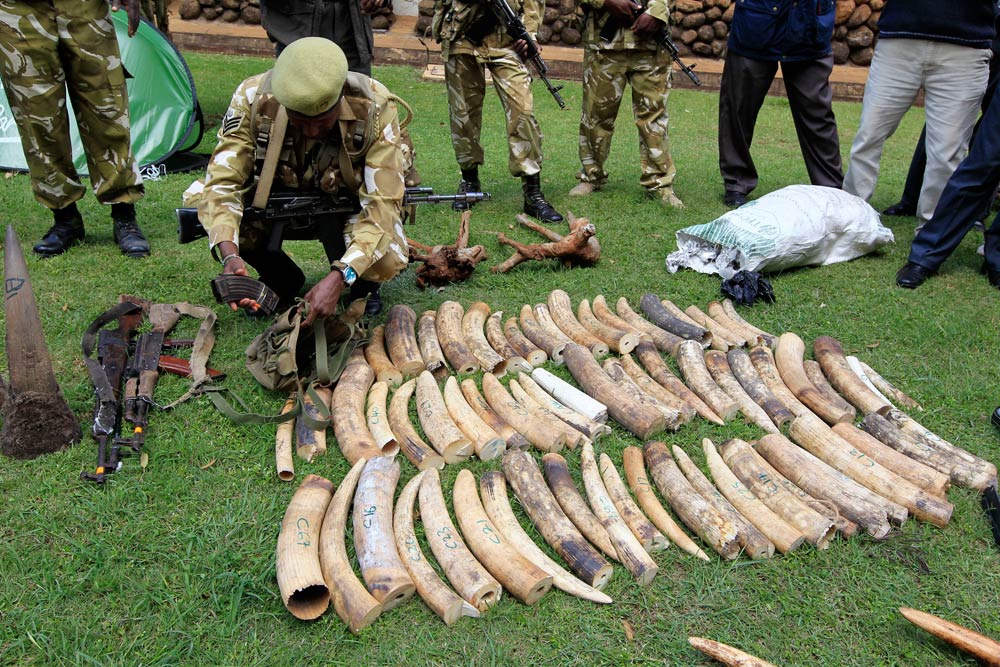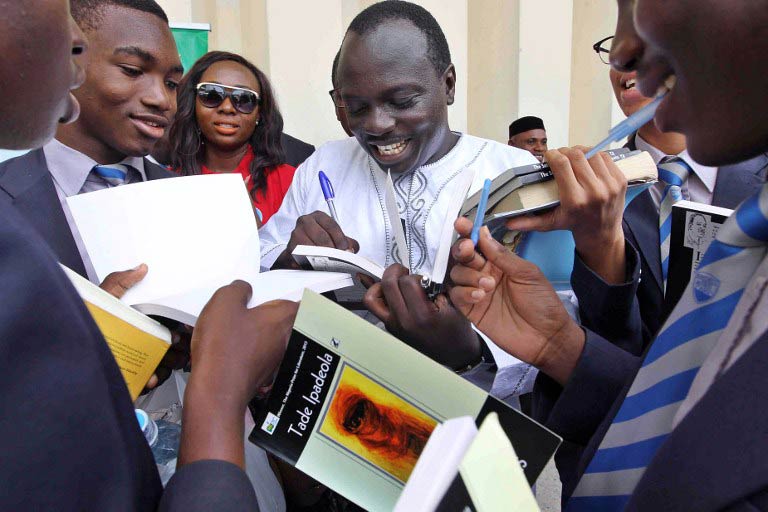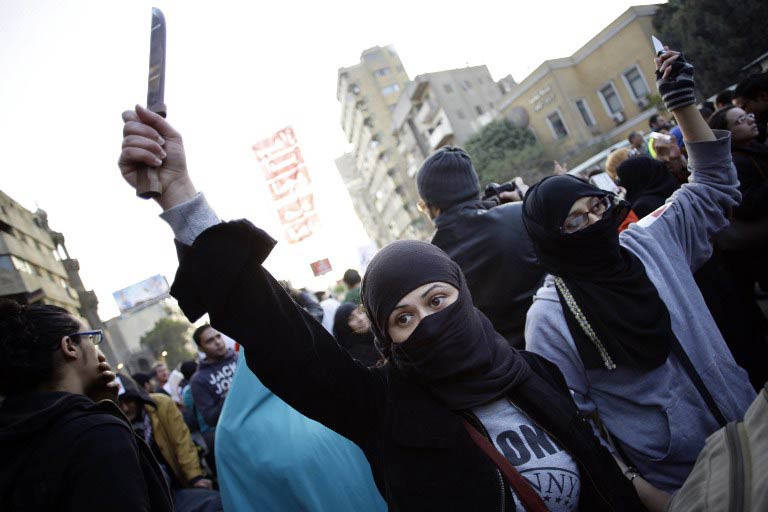Kenya plans to deploy surveillance drones to help fight elephant and rhino poachers and has introduced stiffer penalties for offenders, officials said on Tuesday.
Poaching has risen in recent years across sub-Saharan Africa where well-armed criminal gangs have killed elephants for tusks and rhinos for horns that are often shipped to Asia for use in ornaments and medicines.
“We will start piloting the use of drones in the Tsavo National Park ecosystem, one of the largest national parks in the world,” said Patrick Omondi, deputy director for wildlife conservation at the Kenya Wildlife Service.
Omondi said the surveillance aircraft would be imported, but did not give details of how many or at what cost.
Tsavo National Park in the southeast is Kenya’s largest, with sweeping plains and occasional water holes dotted with wildlife, including elephants.
“We attribute the problem of poaching in Kenya and other African states to growing demand and high prices offered for rhino horn and elephant ivory in the Far East countries,” William Kiprono, Kenya Wildlife Service’s acting director general told a news conference in Nairobi.
Kiprono said Kenya had lost 18 rhinos and 51 elephants to poachers so far this year. Last year, 59 rhinos and 302 elephants were killed, compared with 30 rhinos and 384 elephants in 2012.

Kenyan officers seized 13.5 tonnes of ivory at the port city of Mombasa last year, mostly originating from other countries in the region. At least 249 suspects have so far been arrested this year and prosecuted for various wildlife offences.
In January, a Kenyan court convicted a Chinese man of smuggling ivory and ordered him to pay a 20-million-shillings ($233 000) fine or serve seven years in jail in the first sentence handed out since Kenya introduced a new anti-poaching law.
Conservationists hope the new law, which allows for longer jail terms and bigger fines, will deter criminal networks.
Kenya has emerged as a major transit route for ivory destined for Asian markets from eastern and central Africa.
The government says poaching is harming tourism, a major foreign exchange earner.








